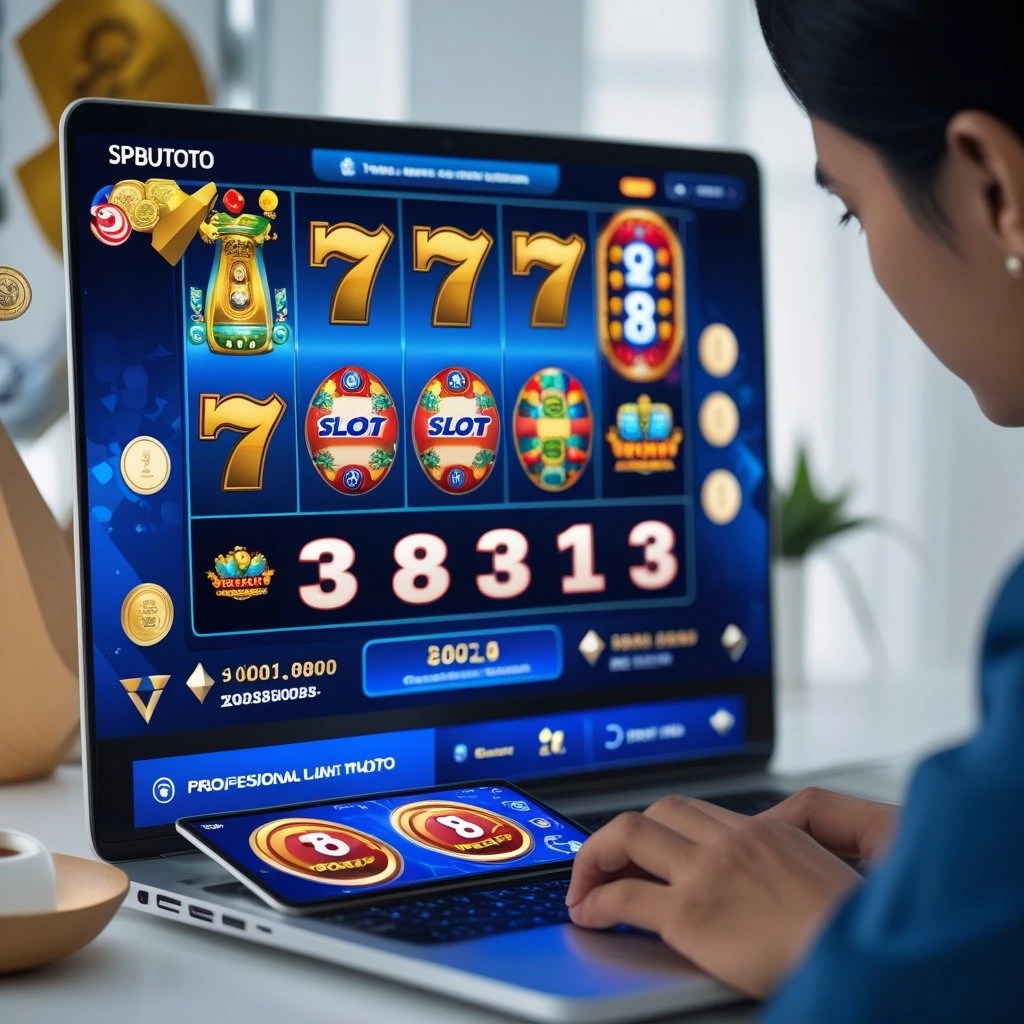SPBUTOTO | Login Situs Togel Resmi dan Bandar Toto Macau 4d Terpercaya
SPBUTOTO Dalam dunia hiburan digital saat ini, SPBUTOTO menjadi pilihan utama bagi pemain yang mencari togel online terpercaya dengan pelayanan terbaik dan hasil keluaran tercepat. Sebagai bandar togel profesional, SPBUTOTO menghadirkan pasaran populer seperti Toto Macau, Singapore, Hongkong, dan Sydney, dilengkapi sistem keamanan berlapis serta dukungan customer service 24 jam. Tampilan situs modern dan responsif memastikan pengalaman bermain yang nyaman di berbagai perangkat.
Dikenal sebagai situs toto resmi, SPBUTOTO menawarkan promo menarik seperti bonus new member, cashback harian, hingga jackpot besar. Penggemar toto macau online dapat menikmati live draw real-time dengan akurasi data tinggi. Bergabunglah bersama jutaan pemain di bandar togel terpercaya SPBUTOTO dan raih kemenangan besar setiap hari!



